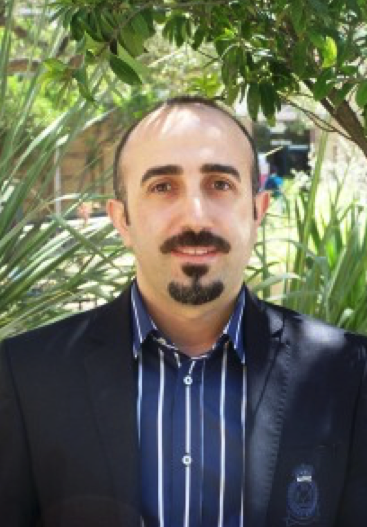Abstract:
The world faces many environmental and social challenges that demand new approaches and culturally relevant expectations for science education. Overcoming these challenges is only possible if all stakeholders, including scientists, engineers, and policymakers, work together to create alternative products and processes that do not harm individuals, societies, and nature. Chemistry educators have a great responsibility to ensure that their students are well-equipped and determined to achieve these extremely important goals before it is too late. Despite the scientific community’s recognition of this critical mission, many students taking chemistry have become less interested in striving to fully understand the topics presented as the focus in the classroom has shifted from investigating global and local socio-scientific issues to covering abstract principles and from exploring real-world mysteries to carrying out cookbook-style experiments.
This talk aims to shed some light on the obstacles in creating and implementing relevant, rich, and contextualized curricula by sharing the views and efforts of some chemistry educators working at universities mainly located in the USA and Canada. Also, the talk will share some findings on the positive effects of the integration of socio-scientific issues such as phosphate sustainability and the use of hydraulic fracturing into the General Chemistry curriculum on students’ self-efficacy, career aspirations, and perception of science relevancy. Finally, the talk strives to highlight the important role that chemistry educators play in fostering social responsibility in students and empowering them to address the biggest global issues facing humankind in order to construct a brighter and more sustainable future.
Biography:
Ozcan Gulacar is an Associate Professor of Teaching in the Department of Chemistry at the University of California, Davis. He obtained a Master’s degree in Physical Chemistry in 1999 and a Ph.D. in Science Education in 2007. Since then, he has designed and taught several graduate and undergraduate chemistry and science education courses for a diverse group of students at different institutions. In his current position, he primarily teaches General Chemistry courses and first-year seminars to introduce chemistry education research and the UN Sustainable Development Goals to undergraduates. His main research interests revolve around exploring interactions between cognitive and affective domains in the context of socio-scientific issues, sustainability, problem solving, and knowledge structures. Besides teaching and running research projects, he has also developed and organized workshops on implementation of social constructivist methods and effective use of technological tools in science classrooms for high school teachers and professors.
Speaker:
Institution:
Location:

